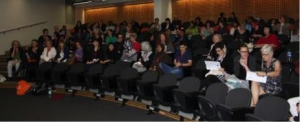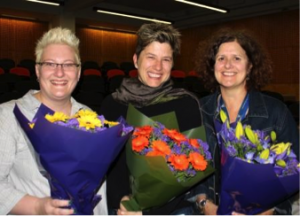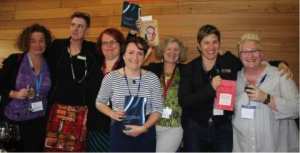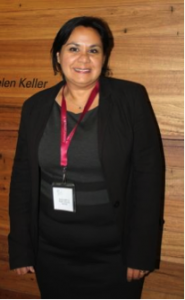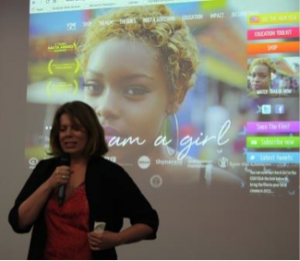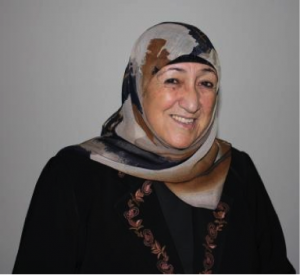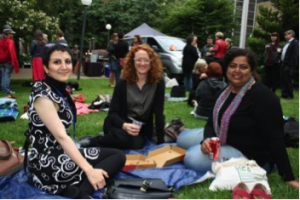The Gender and Education Interim Conference hosted by three universities in Melbourne in December was a truly inspiring occasion.
Three outstanding key notes were followed by three inspirational panels organized around Rebecca Barry’s remarkable film ‘I am a girl’; the expanding and diversifying role of digital media in education and public pedagogies; and Gender Jamming including the Australian Research Center in Sex, Health and Society.
To provide just a taste of the key notes, Mary Lou Rasmussen spoke about the conundrum that, as more families are turning away from Christianity so more are sending their children to religious schools, and some of the implication this has for lifestyles and sexual freedom. Simone Ulalka Tur shared her life and experience teaching Indigenous education topics to emphasis that curricular are highly contested spaces. For more information you can still access the Conference site here.
I want to highlight the work of the third key note speaker at the recent Gender and Education Interim Conference Dr. Sakena Yacoobi and extoll members to read more about her inspirational work in developing education for girls in Afganistan under the most dangerous conditions during the rule of the Taliban. The organizing committee of the Melbourne conference have asked that members think about making a donation to her charity, the Afghan Institute of Learning (AIL) to support this important on-going work.
Dr Yacoobi is the Executive Director and founder of AIL. Established in 1995 to provide grassroots education and health services, AIL has served more than 11 million Afghans and was the first organization to offer human rights and leadership training to Afghan women. AIL has developed innovative education programs to meet the ever changing needs of Afghans, programs ranging from underground homeschools during the rule of the Taliban, to beginning Women’s Learning Centers in lieu of schools, to a new literacy class which utilizes texting to increase the rate of literacy acquisition.
Dr. Yacoobi spoke passionately about her experiences working within the cultural context of Afghanistan, finding culturally appropriate ways to bring education and healthcare to those who need it and how others might be able to apply these lessons to their situations.
The GEA Executive would like to thank the organisers for an excellent conference, and look forward to the next conference Gender, Power and Pedagogy, to be held in London on 24-26 June 2015, at the University of Roehampton.
Blog post by Gabrielle Ivinson
Photos provided by Penny Tinkler

